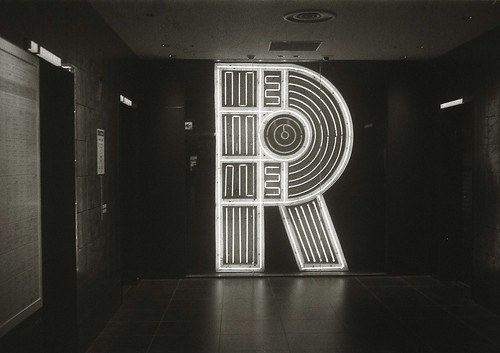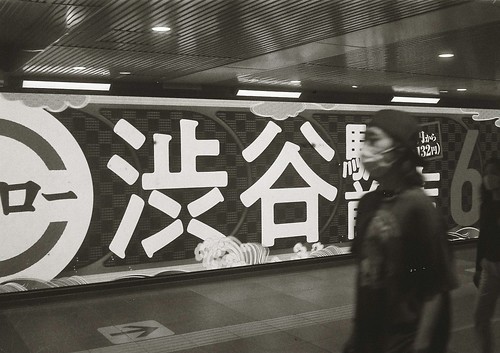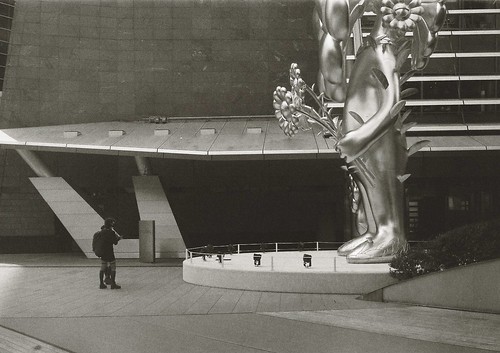Drive My Car won the Cannes best screenplay.
3 hours movie with long Theater scenes, practicing “Uncle Vania” in the car, which only proves what a great movie it is.
It is definitely the great script, but also the acting and camera work.
Cannot say I understood everything as still my Japanese (no subtitles) is not perfect, but I do not think it is about language, but because some parts are kept vague on purpose. Especially the last scene which was obviously added due to Covid-19.
Read some English reviews before and after seeing the movie, but it feels strange. As if the reviewer (Guardian) did not watch the whole movie, or maybe even did not understand some parts.
“Yûsuke being confronted with proof that she had been having an affair with a handsome and disreputable young actor”
Yet, the fact is that he knew about her infidelities and was afraid to lose her.
“arts festival in Hiroshima, a city that is photographed with crisp unsentimentality. “
As if the reviewer expected to connect the movie to the history. In the only (?) occasion that they tour the city the driver takes him to the Garbage processing plant.
Does “Uncle Vania” connect with the story. I think it does, but I think I will stop here as I think I reveal too much of the story.
Or maybe one last thing:
I loved the way Kafuku san (main character) keeps distance with the driver (Watari Misaki) and it seems the need a mediator to help them talk.
Also when she expressed she would like to see the rehearsal and refuses to enter he brings the rehearsal to her and dismisses it as if it had nothing to do with her.
Great movie. Will definitely watch it again when (if) it reaches the streaming sites




